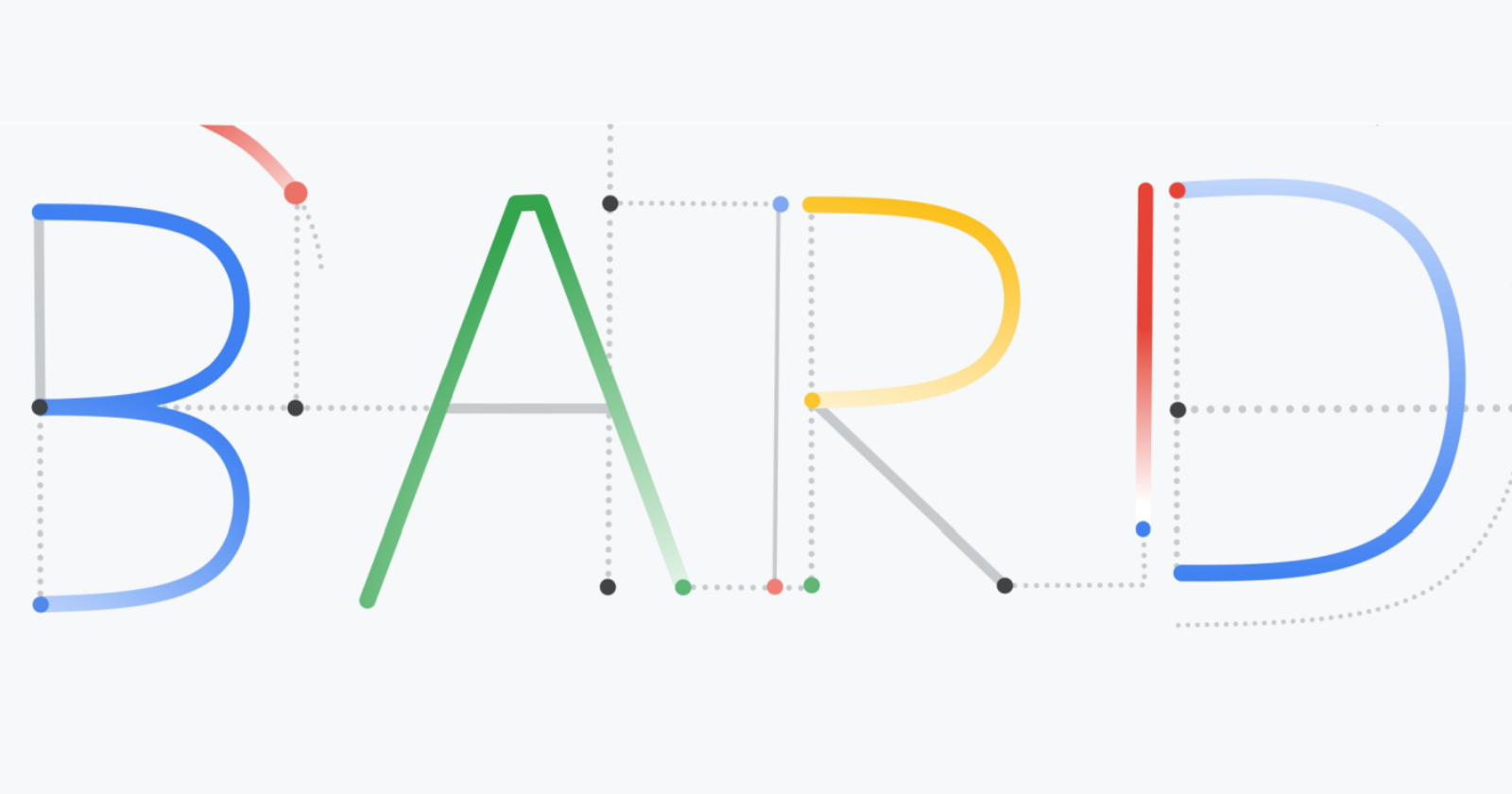- The SEOs Diners Club
- Posts
- The SEOs Diners Club - Issue #57 - Weekly SEO Tips & News
The SEOs Diners Club - Issue #57 - Weekly SEO Tips & News
Here are the weekly SEO insights for the SEOs Diners Club members.

You may also join our free SEO Diners Club network to ask questions and share your thoughts.
Produce Content Suitable for Google Algorithms with Artificial Intelligence
You can consider these suggestions if you want to make content produced with tools such as ChatGPT compatible with Google algorithms.
Last week, I attended the DigitalZone event upon the invitation of the ZEO agency and made a presentation titled "Producing Content Suitable for Google Algorithms with Artificial Intelligence."
In my presentation, I questioned the role of AI tools such as ChatGPT in content production and discussed the importance of the Google Useful Content System for those who will produce content with AI.
You can find the presentation below:
I emphasized the importance of Google E-E-A-T (Experience, Expertise, Competence, and Trustworthiness) concepts in AI-based content production. Based on the example of our client Cbs312.com, I discussed how AI-produced content could reflect Google E-E-A-T concepts.
Artificial intelligence tools such as ChatGPT have many advantages in the content production process. While these tools help us create content quickly and effectively, they also enable us to prepare content that complies with Google algorithms thanks to natural language processing techniques. However, it is essential that the content produced with artificial intelligence adds value to the target audience and is compatible with the Google Useful Content System.
Google E-E-A-T concepts are used to evaluate the quality and reliability of the content. Considering these concepts in the content produced with artificial intelligence will help the content to rank higher in Google rankings.
Expertise should show that a knowledgeable person writes the content in the field. Competence means the content meets the reader's needs by providing accurate and up-to-date information. Credibility ensures that the content gains the reader's trust by citing reliable and reputable sources or providing accurate references.
Google March 2023 Core Update Continues to Create Fluctuations in Rankings
As with most Google updates, there are significant fluctuations in rankings during and after this update.
Google's March 2023 broad core update continues to cause fluctuations in search rankings. Webmasters and SEO experts are reporting significant fluctuations in traffic and rankings.
Google has not yet provided detailed information on what this update affects. It is crucial for website owners to monitor their site's performance and adjust their SEO strategy accordingly.
OpenAI Starts Plugin Support for ChatGPT
OpenAI has introduced a new plugin feature for ChatGPT that allows developers to create custom functions.
The plugin system opens up new possibilities for ChatGPT applications by enabling integration with external APIs. Developers now have access to a plugin marketplace where they can discover, share and upload plugins created by others.
OpenAI's goal with these plugin features is to foster a growing ecosystem of user-generated tools by extending the capabilities of ChatGPT.
Scanning and Code Interpreter Plugins
OpenAI's crawling plugin enables ChatGPT to access information from the internet, expanding the knowledge base beyond training data.

Scanning and Code Interpreter Plugins
Google Adds 'Reviews Not Verified by Google Search' to Search Results
This update only appears in search results in the UK and parts of Europe, but we'll likely see it expand further.
Google has struggled in the past to get site owners to do what they want when it comes to marking reviews with structured data, and now they're going the extra step.
By adding the 'Reviews not verified by Google Search' icon, they are trying to reduce their liability for searchers trusting review information and potentially having a bad experience.
Everything You Need to Know About Google Bard
Google has developed a new language model called BARD (Bidirectional and Auto-Regressive Denoising) that aims to improve the quality and efficiency of text production.
BARD is designed to address the limitations of existing language models by integrating both auto-regressive and denoising techniques, enabling it to produce text more efficiently while maintaining a high level of quality. This new approach can enhance applications as diverse as chatbots, translation services, and content generation.
BARD's unique approach combines the advantages of bidirectional and auto-regressive models for better results. Bidirectional models can analyze the context in both directions, while auto-regressive models offer finer control over output by generating text one token at a time. BARD combines these approaches, enabling it to produce text faster while maintaining the quality that comes with auto-regressive models.
Google's BARD shows impressive results in benchmark tests.
In several benchmark tests, BARD outperformed existing language models such as GPT-3 and BERT. These results show that BARD has the potential to outperform existing state-of-the-art models in terms of efficiency and quality and is a promising development in natural language processing.
BARD's advances could pave the way for new applications and improvements to existing services.
The development of BARD underscores Google's commitment to advancing natural language processing technologies that have the potential to advance a wide range of applications. As BARD continues to be refined and tested, it could lead to new applications and improve existing services, such as more accurate translation tools, better content generation, and more sophisticated chatbot interactions.
Google Says Bard Won't Link to Resources Too Often
Google has added several topics to the Bard FAQs, including "How and when does Bard cite sources in its answers?".
Bard's FAQs include the following:
"Bard, like other independent LLM experiences, aims to produce original content and not repeat existing content at length. We have designed our systems to limit the likelihood of this happening and will continue to improve the operation of these systems. When Bard directly quotes from a web page, it attributes that page.
Bard was designed to be a creative and helpful collaborator; it works well on creative tasks like helping you write an email or brainstorm ideas for a birthday party. We see it as a complementary experience to Google Search. That's why we added the "Google It" button to Bard, so people can quickly go through Bard to discover information on the web.
Bard is an experiment, and we will use its launch as an opportunity to learn, iterate and improve the experience as we get feedback from various stakeholders, including people like you, publishers, content creators, and more."
So it seems Google doesn't need to cite sources because Bard "creates original content and doesn't copy existing content at length". However, if Bard "makes long direct quotations from a web page," he will cite and link to the sources.
Instead, Google wants you to switch from Bard to Google "so people can easily switch from Bard to search to discover information on the web." So click on links in Google Search, don't click on links in Bard too often.
But everything about Bard is still early and subject to change. Google also noted: "Bard is an experiment, and we will use its launch as an opportunity to learn, iterate, and improve the experience as we get feedback from a range of stakeholders, including people like you, publishers, content creators, and more."
Bing Chat's referring site approach is more beneficial for site owners and users. I hope Google takes a similar approach to Bard.
Revolutionary Chat: Bard Meets GPT-4 in a Surprising Conversation
Watch the incredible dialog between Bard and GPT-4, revealing AI-powered chatbots' promising future and potential impact.
This week, the digital world was stunned when Google unveiled Bard, its latest AI-powered chatbot based on the latest LLM (Large Language Model) technology. To showcase Bard's capabilities, a great video was released of him having a complex conversation with another AI powerhouse, GPT-4. The logical and coherent exchange between the two chatbots highlights the fantastic progress in AI development and gives us a glimpse into the promising future of this technology.
Create Fantastic Visuals with Bing Chat Visual Builder
With this new module of Bing Chat, it is possible to create extraordinary images with artificial intelligence support.
You can create interesting images by giving commands to the Bing Chat image generator at https://www.bing.com/create.

Google: Keyword Stuffing Alone Doesn't Make a Page Useless
Google's John Mueller has warned against keyword stuffing, calling it a useless and outdated SEO technique.
Keyword stuffing involves over-optimizing a web page with targeted keywords to manipulate search engine rankings.
Mueller warns that this practice cannot improve rankings and lead to a negative user experience, as search engines prioritize delivering high-quality content that provides value to users. Google's algorithms are designed to detect and penalize keyword stuffing.
Google's sophisticated algorithms can detect excessive use of keywords on a web page and penalize the site in search rankings. Unfortunately, keyword stuffing can damage a website's ranking instead of increasing visibility and lead to decreased organic traffic.
Creating high-quality, relevant content is a more practical approach to SEO. Instead of resorting to outdated techniques like keyword stuffing, it is more beneficial to create high-quality content that provides value to users. When you focus on the needs and interests of your target audience, your content will naturally contain relevant keywords and rank higher in search results, leading to increased visibility and traffic.
Tools like Google Search Console can help you identify and optimize your website's keywords.
Instead of keyword stuffing, use tools like Google Search Console to monitor your website's performance and identify optimization opportunities. By analyzing the data, you can better understand which keywords drive traffic to your site and strategically optimize your content around those keywords while focusing on quality and relevance.
Book of the Week: "Leadership that Multiplies Potential: How Effective Leaders Ignite People's Potential" - Liz Wiseman
The book will change how you think about leadership forever and has been described as an excellent investment for anyone running a business.
In Leadership that Multiplies Potential, leadership expert Liz Wiseman examines two types of leaders: Blocking Leaders, who drain energy and limit talent, and Multiplying Leaders, who empower employees to achieve results that exceed expectations. These leaders positively impact organizations by producing more with fewer resources, developing and attracting talent, and driving change and innovation.
By analyzing data from more than 150 leaders, Wiseman identifies five disciplines that distinguish Replicating Leaders from Blocking Leaders. These disciplines are skills and practices that anyone can learn. Through real case studies and practical tips, the book shows you how to put these disciplines into practice and become a Multiplying Leader.
This expanded and updated edition includes new examples of the Multiplier Leadership approach and two new chapters on Inadvertently Blocking Leadership and Dealing with Blocking Leaders. Imagine what you can achieve using all the energy and intelligence around you; this practical guide shows you how.
I hope you enjoyed my weekly SEO insights. Hope to see you the following Monday in the new episode. I wish you all a great week.
Best,
Mert Erkal
How Can I Help You?








